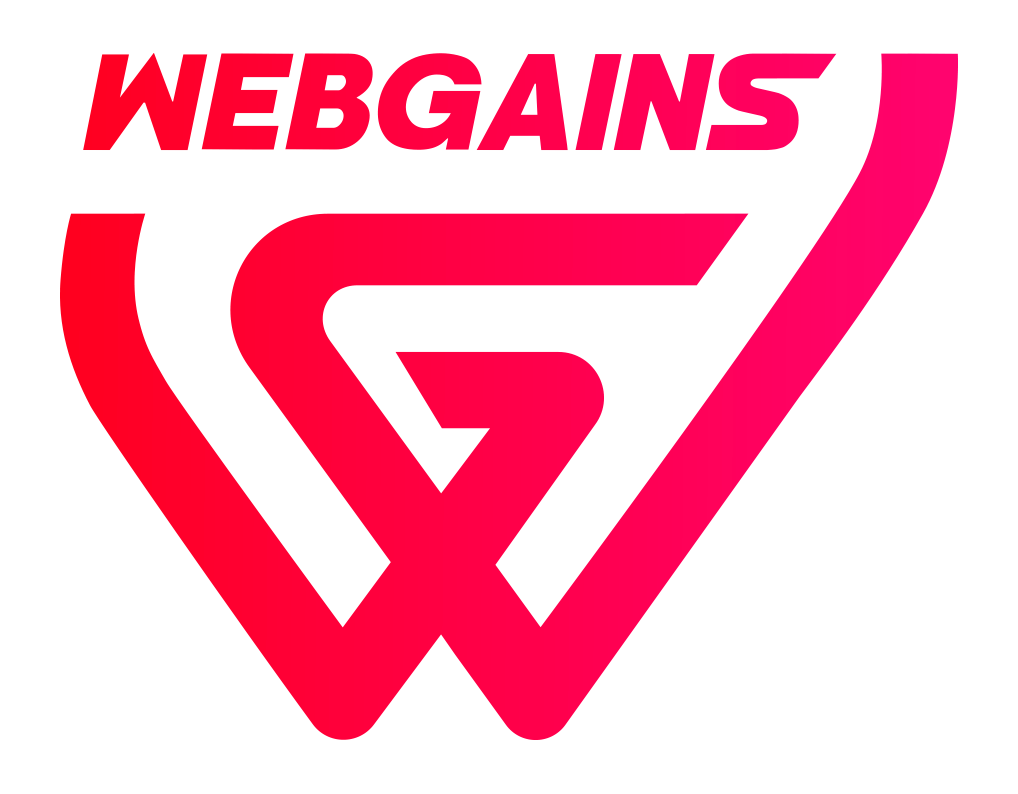Compliance is an integral element of the network as it ensures all publisher programs meet specific guidelines and are suitable to promote our advertisers.
Regulating the publishers we have on the network protects Webgains integrity and the quality of the relationship between all parties (us, publishers, advertisers).
What is compliance and why is it important?
The compliance team within Webgains identify suspicious publishers who may be promoting advertisers and driving sales via unauthorised marketing methods.
Fraudulent activity committed by publishers damages the reputation of both the advertiser and affiliate network. Compliance teams ensure advertisers and publishers operate in an appropriate manner by detecting questionable practises such as cookie stuffing, PPC Fraud, unauthorised media buying. This type of activity can harm brand image and have financial implications. Webgains compliance team protect advertisers from paying out commission to publishers who have obtained sales illegitimately.
Cookie Stuffing
Cookie stuffing is a method used by fraudulent affiliates to “trick” websites into thinking they have sent them traffic when they have not.
Also known as cookie dropping, publishers who practice this method are attempting to gain commissions for referring audiences even when they did not do so by ‘stuffing’ more than one affiliate cookie into a user’s browser without their consent. This means that when a conversion is validated, the third party (publisher) will receive a cut when the advertiser pays out commission.
PPC Fraud
This is fraud conducted through pay-per-click (PPC) online advertising.
This occurs when a person, automated script, or computer program imitates a legitimate user of a web browser, clicking on an ad without having a real interest in the target of the ad’s link. This could cause an advertiser to have their entire daily budget for PPC used quickly, which impacts their margins, forecasting, and budgets, and opens the marketplace for their competition to perform better.
Brand Bidding
Brand bidding is the practice of bidding on branded terms or branded keywords of a third party, in most cases a competitor. This way, advertiser’s ads appear when that brand name is entered as a search term and the goal is to direct traffic away from the competitor's site.
Our Compliance team utilise third party solutions to help monitor keywords on search engines to ensure unauthorised brand terms are not being bid, and help combat against any PPC violations. This is done by automating the search of multiple keywords throughout the day from different locations and devices discovers which affiliates are advertising on your branded keywords. Once removed, clients benefit from increased traffic and reduced costs by not having to pay unnecessary affiliate commissions and by reducing branded CPCs (Cost Per Click).
Media Buying
Media buying is a key aspect of affiliate marketing that involves purchasing ad space to promote a product or service. It can be a vital strategy for increasing affiliate sales but advertisers and networks need to know where the advertiser has been promoted in order to agree that sales were driven legitimately and via authorised sites.
A variety of media buying companies will promotes brands across apps, websites, and social platforms, but it is not always entirely transparent which of these has been interacted with to reach the brand site. Some of the sites on which they buy ad space is indecent (gambling, pornography) and unregulated (chat rooms, forums). If traffic and sales are found to be from sites of this nature, it may breach the network T&Cs that the publisher agreed to and advertisers can refuse to pay commissions on these sales as they were obtained through unauthorised means.
